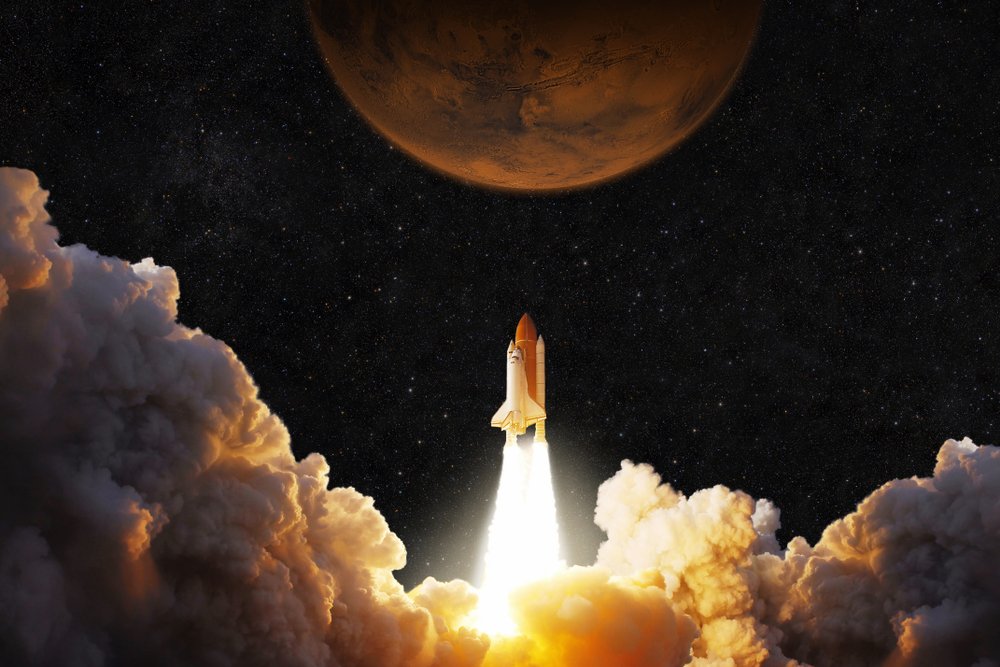NASA is serious about putting people on Mars in the coming years. And after a major study of the biological effects of long-duration space flight, the agency is one giant leap closer to realizing that goal.
John Charles, scientist in residence at the NASA Johnson Space Center, presented some findings from that study as well as a broader perspective on the push to get to Mars at the recent Advances in Genome Biology & Technology conference held in Marco Island, Fla. “The work that will get us to Mars … is all being done right now on the International Space Station,” he told attendees.
The latest findings come from two studies run simultaneously — a year-long stay on the ISS, plus a twin study comparing the effects of space flight to life on Earth. That was made possible thanks to Mark and Scott Kelly, identical twins who were both selected to become astronauts by NASA in 1996. (Mark Kelly is now running to be the next senator from Arizona.)
Scott Kelly spent most of 2015 and part of 2016 in orbit on the ISS. During that time, plus the year before and after, scientists were busily collecting as many data points as possible from both Scott and his Earth-bound twin. Now, researchers have crunched enough of that data to offer the preliminary finding that long-term space travel does not appear to increase health risks.
That’s essential for a Mars mission, which NASA expects to last two and a half years: six months of travel each way, plus 18 months on the red planet. According to Charles, any NASA mission plan will have to address the key hazards associated with deep space travel, including radiation exposure, altered gravity, isolation and confinement, a hostile closed environment, and distance from Earth. Gathering the data from Scott’s year on the ISS will be important for helping space experts understand how those hazards might play out over time, and how they could be countered. Previously, most long-duration flights lasted four to seven months, providing insufficient information to prepare for a Mars mission.
While the data comparing Scott in space and Mark on Earth didn’t ring alarm bells, it did confirm that bodies in space experience significant biological changes. Charles said that physiological shifts were seen in many parts of the body — scientists collected molecular, metabolic, vascular, microbiome, and other data to get a comprehensive view — but that most biological systems stabilized within days or weeks. For example, gene activity changed quite a bit at the beginning of the flight, particularly in the immune system.
The first scientific paper describing results of the twin analysis is expected to published soon, with several deeper analytical dives following that. As NASA researchers mine that data for new insights, they’ll also be adding to the information with more test runs. Charles noted that five more year-long expeditions are planned to learn more about the risks and impact of long-duration space travel.
Scientists Prepare for a Mission to Mars
NASA is serious about putting people on Mars in the coming years. And after a major study of the biological effects of long-duration space flight, the agency is one giant leap closer to realizing that goal. John Charles, scientist in residence at the NASA Johnson Space Center, presented some findings from that study as well […]
















